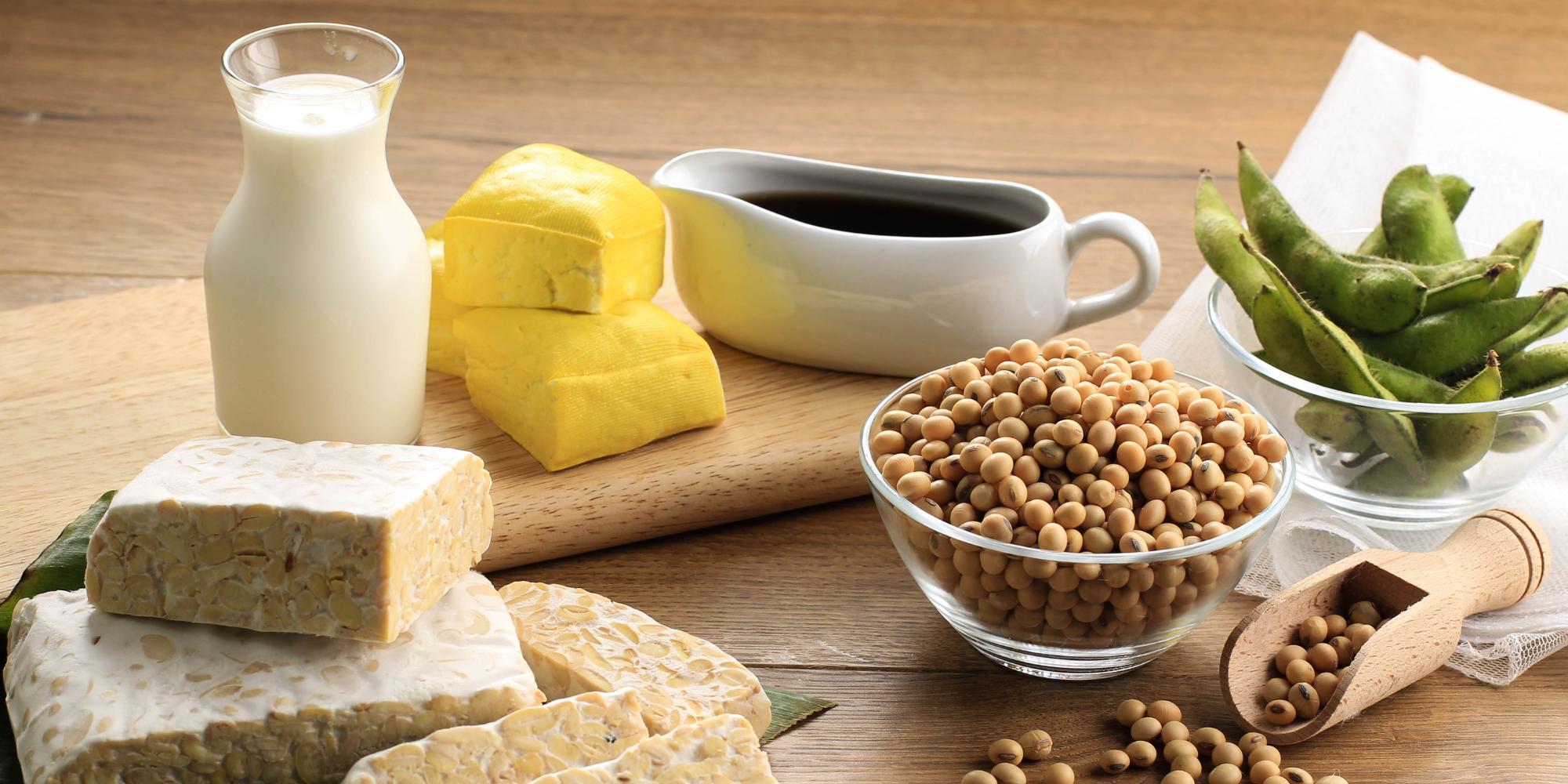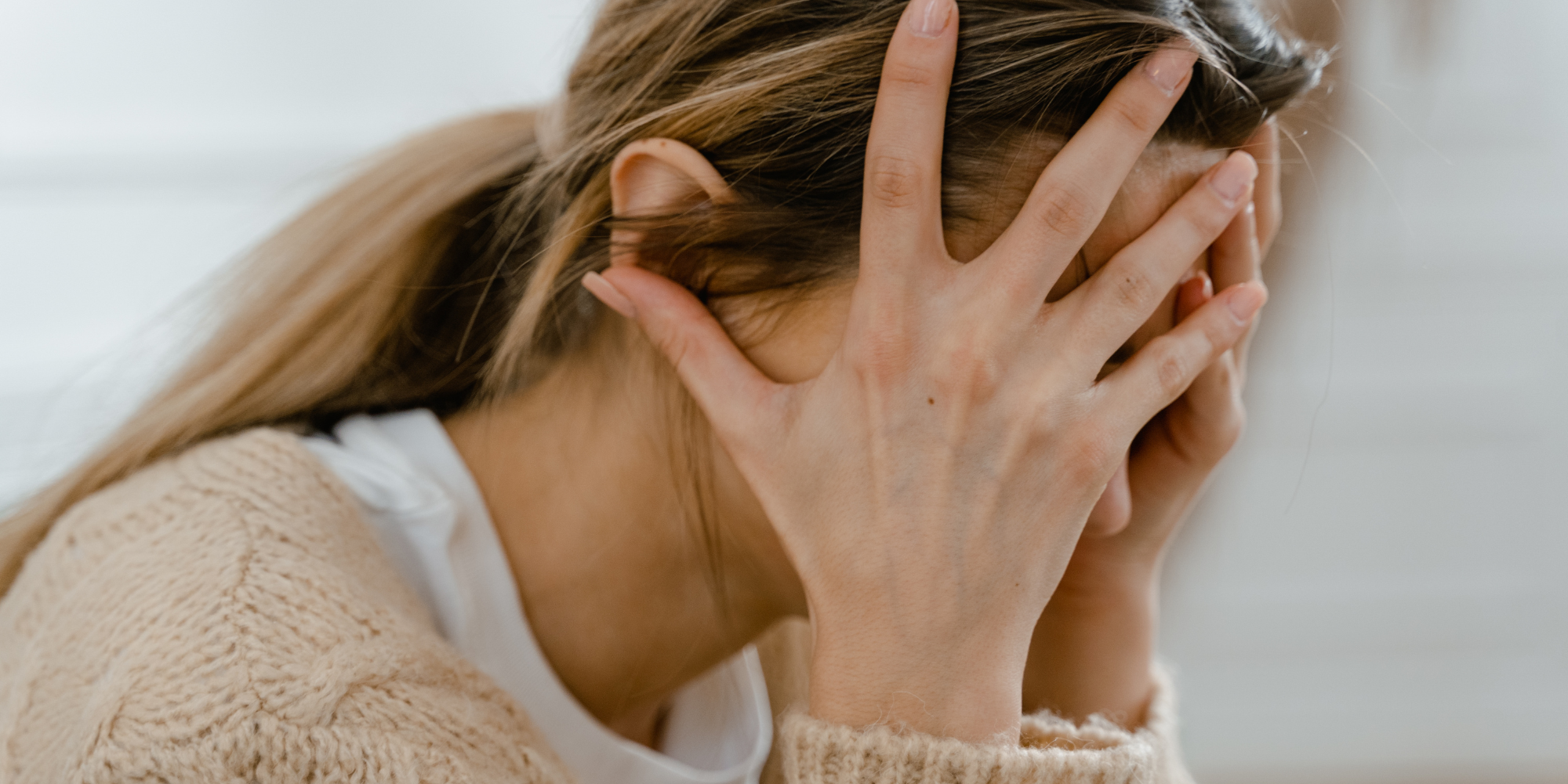Did you know that estrogens not only affect our reproductive system during menopause but also our brain?
The decrease in this hormone during menopause can influence memory and cognitive function and even increase the risk of neurodegenerative diseases like Alzheimer's, according to the study "The Role of Estrogen in the Brain and Cognitive Aging" by Neurotherapeutics.
This surprising link makes us focus on the importance of estrogens in overall health, beyond the physical symptoms we usually associate with menopause.
What are the symptoms of low estrogen levels?
The decrease in the production of sex hormones during this stage, which ranges from 45 to 55 years of age, brings with it a variety of physical and mental symptoms that can range from hot flashes and night sweats to urogenital changes, changes in cognitive function, or even lead to bone diseases like osteoporosis.
How do we relieve them? If we are here, it is to tell you. To improve the quality of life during this stage of our life, the interest in natural solutions has been increasing. In this article, we tell you about the functions and benefits of estrogens, and how phytoestrogens can be a gentle and effective alternative to tame menopause symptoms.
A. What are estrogens?
Estrogens, true protagonists of menopause, are a "a type of hormone made by the body that helps develop and maintain female sex characteristics and the growth of long bones," according to the National Cancer Institute.
Although in this article we focus on their importance during menopause, this hormone is also present in men at lower levels.
You might wonder how we find it in our body and why it is so important. The three main forms of estrogens in the human body are estradiol, estriol, and estrone, and each of these forms has specific functions and predominates at a certain stage of our life.
Estradiol is the protagonist during the reproductive age and, among other functions, is important for regulating the menstrual cycle. During pregnancy, estriol takes the predominant role, as it is very important for maintaining pregnancy and fetal development. During menopause, estrone is the estrogen most found in our body. This last one is the weakest form of estrogen and is produced mainly in adipose tissue.
All these hormones are produced mainly in the ovaries, although they can also be synthesized in small amounts by the adrenal glands and adipose tissue.
B. What are the functions and benefits of estrogens?
These hormones play a number of vital roles in our bodies, including:
-
Reproductive function: Estrogens are responsible for the development of female reproductive organs and secondary sexual characteristics, such as breast growth and hip widening.
-
Regulation function: These hormones also regulate the menstrual cycle and promote the growth of the endometrium (the lining of the uterus) in preparation for a possible pregnancy.
-
Bone health: These hormones also help maintain bone density, thus reducing the risk of osteoporosis.
-
Cardiovascular function: They help maintain healthy cholesterol levels, reducing the risk of cardiovascular diseases.
-
Brain health: Estrogens have neuroprotective effects and are associated with improved memory and cognition.
Estrogens are therefore very important hormones that affect a wide variety of functions in our bodies, from reproduction and bone health to brain and cardiovascular function.Hence, understanding their functions and the impact of their decrease in the body during menopause makes us focus on the great importance of this hormone in the general health of women. But, why is it so important for women?
C. How are menopause and estrogens related?
With everything we have said so far, you will already know that the relationship between menopause and estrogens has profound implications for the health and well-being of women.
Their connection is based on the reduction of estrogen production due to the cessation of ovarian function. Why? During menopause, the ovaries stop producing significant levels of estrogens.
This hormonal decline occurs gradually during perimenopause, the transition before complete menopause, and continues after menstruation completely ceases.
This hormonal decrease causes a series of symptoms and physiological changes such as hot flashes and night sweats (called vasomotor symptoms), vaginal dryness, dyspareunia or pain during sex, and increased risk of urinary infections (urogenital symptoms), mood changes, anxiety or depression (psychological symptoms), and osteoporosis.
So, you may ask: how can I naturally increase estrogen? What is the best natural estrogen? We will tell you.
D. Natural estrogens: what are they and what do they do?
Have you ever wondered how to increase estrogen during menopause?
Did you know that certain natural compounds can mimic estrogen activity in the body?
To reduce the effects of estrogen decline during menopause, many women consider hormone therapy, which can include natural or synthetic estrogens.
What is the best natural estrogens for menopause?
Natural estrogens, known as phytoestrogens, are plant compounds that mimic estrogen activity in the human body. These compounds are not hormones themselves, but due to their similar chemical structure, they can bind to estrogen receptors in the body and produce estrogenic and antiestrogenic effects.
Phytoestrogens can be an effective and gentler alternative to manage menopause symptoms and thus overcome the challenges it presents in a more balanced and healthy way.
What happens if I take natural estrogens?
Including phytoestrogens in the diet has been explored as a natural alternative to relieve menopausal symptoms, as they are found in some foods, especially in plant products such as soy, flaxseeds, red clover, and some grains and vegetables.
Here are the effects of phytoestrogens on your body:
-
Effects on vasomotor symptoms: Phytoestrogens, especially soy isoflavones, have been shown to be effective in reducing hot flashes and night sweats.
-
Bone health: Phytoestrogens can help maintain bone density and reduce the risk of osteoporosis. A study suggests that soy isoflavones can improve bone health in postmenopausal women.
-
Cardiovascular health: Phytoestrogens can improve lipid profiles, reducing LDL (bad) cholesterol levels and increasing HDL (good) cholesterol, helping to lower the risk of cardiovascular diseases.
-
Cognitive function and mental health: There is evidence that phytoestrogens can have neuroprotective effects, improving memory and cognition, and possibly reducing the risk of neurodegenerative diseases.
However, keep in mind that although phytoestrogens can offer significant benefits, it is important to consume them with caution. Women with a history of breast cancer or other hormone-dependent cancers should consult their doctor before including phytoestrogen supplements in their diet, as these compounds can have mixed effects on breast tissue.
Moreover, the importance of diet does not end there, as the production of phytoestrogens can also be affected by the intake of other compounds, such as vitamins.
What vitamin increases estrogens?
Vitamin D is known for its ability to influence estrogen levels in the body. This fat-soluble vitamin is crucial for many biological functions and has been shown to impact hormone production and regulation, including estrogen.
Find it in our immunity complex, a natural supplement for menopause.
In short, understanding the relationship between menopause and estrogens is essential if we want to alleviate the physical and emotional changes caused by the decline of these hormones. At Days of Confidence, we want to help you understand this connection to find effective strategies in managing symptoms and improving quality of life during this transitional stage.
References
-
The Role of Estrogen in the Brain and Cognitive Aging, Neurotherapeutics.
-
Estrogen, National Cancer Institute
-
Journal of Steroid Biochemistry and Molecular Biology
-
Hormones of the Reproductive System, Biology Pages.
-
What Does Estrogen Do?, Endrocrine reviews.
-
What are the physiological estrogens?, Steroids.
-
One hundred years of hormones, National Library of Medicine.










